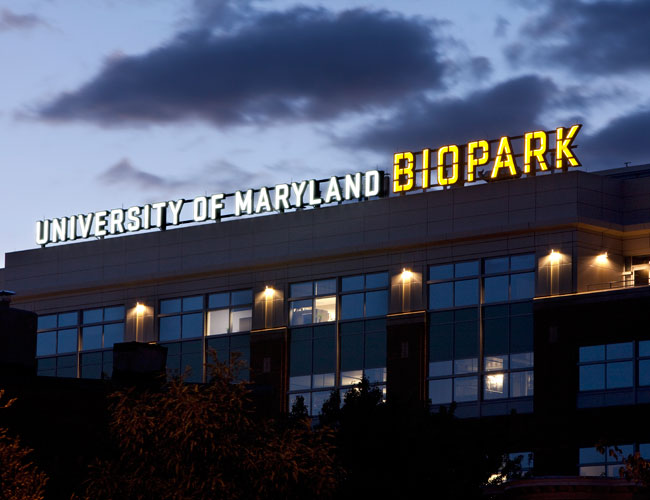Biomecite Diagnostics signed an exclusive option with UM Ventures to license technology that’s designed to determine if a patient has inflammatory bowel diseases (IBD) through genetics.
Biomecite’s technology can analyze patient stool samples for specific genetic sequences to detect diseases like IBD, ulcerative colitis (UC) and Crohn’s disease. Currently, procedures like a colonoscopy or endoscopy are used to look for such diseases.
The technology was developed at the University of Maryland School of Medicine’s Institute for Genome Sciences by Florian Fricke and James White, both doctors. Biomecite was founded in 2014, and White is now its president.
The agreement announced this week gives Biomecite exclusive rights to develop the tool. The company believes the tool can be developed to diagnose additional gastrointestinal diseases, too.
Commercializing university research is the mission of UM Ventures, as tech transfer becomes increasingly important at universities nationwide. UM Ventures’ first investment was in Harpoon Medical, which just won a $100,000 grant in the InvestMaryland Challenge.
Before you go...
Please consider supporting Technical.ly to keep our independent journalism strong. Unlike most business-focused media outlets, we don’t have a paywall. Instead, we count on your personal and organizational support.
Join our growing Slack community
Join 5,000 tech professionals and entrepreneurs in our community Slack today!





